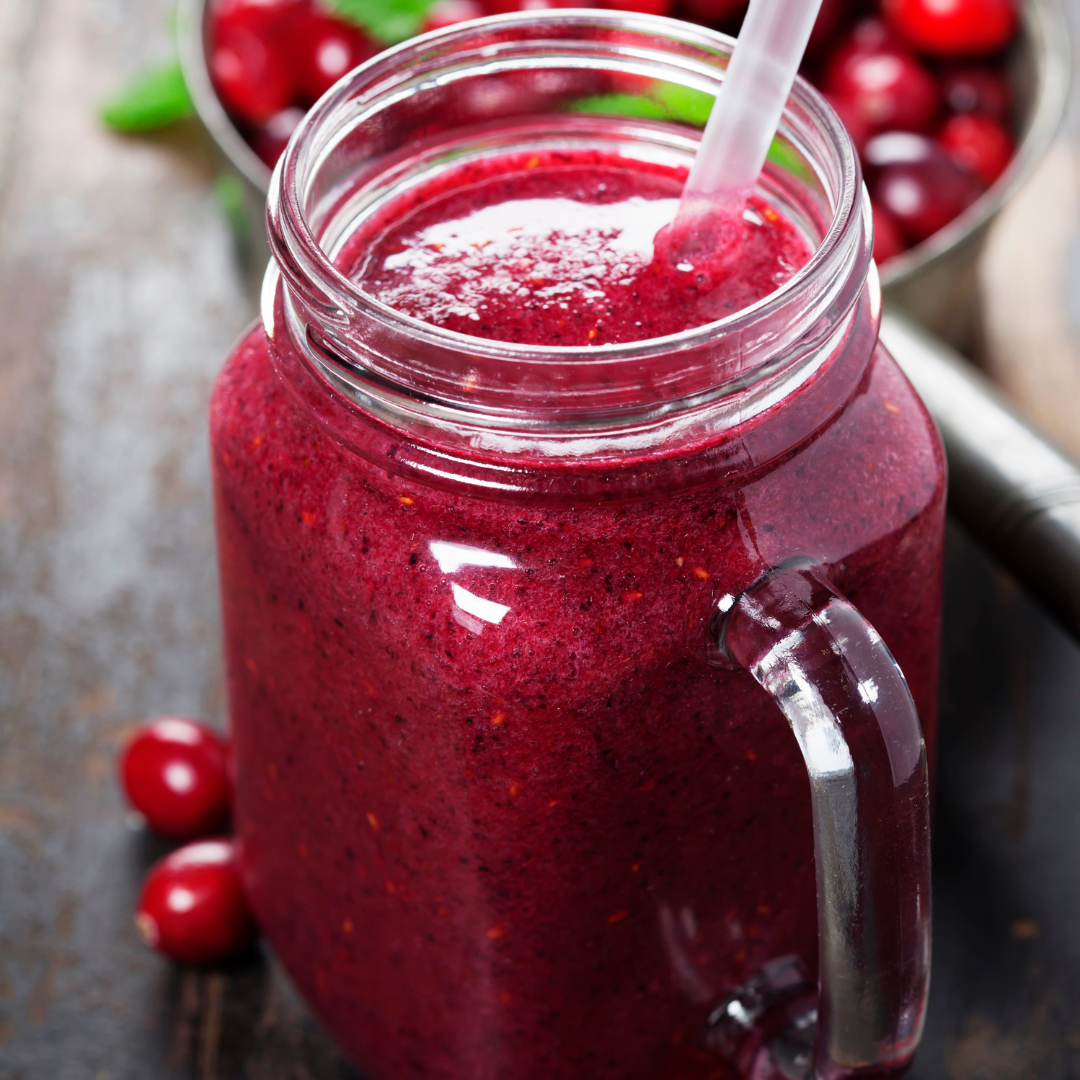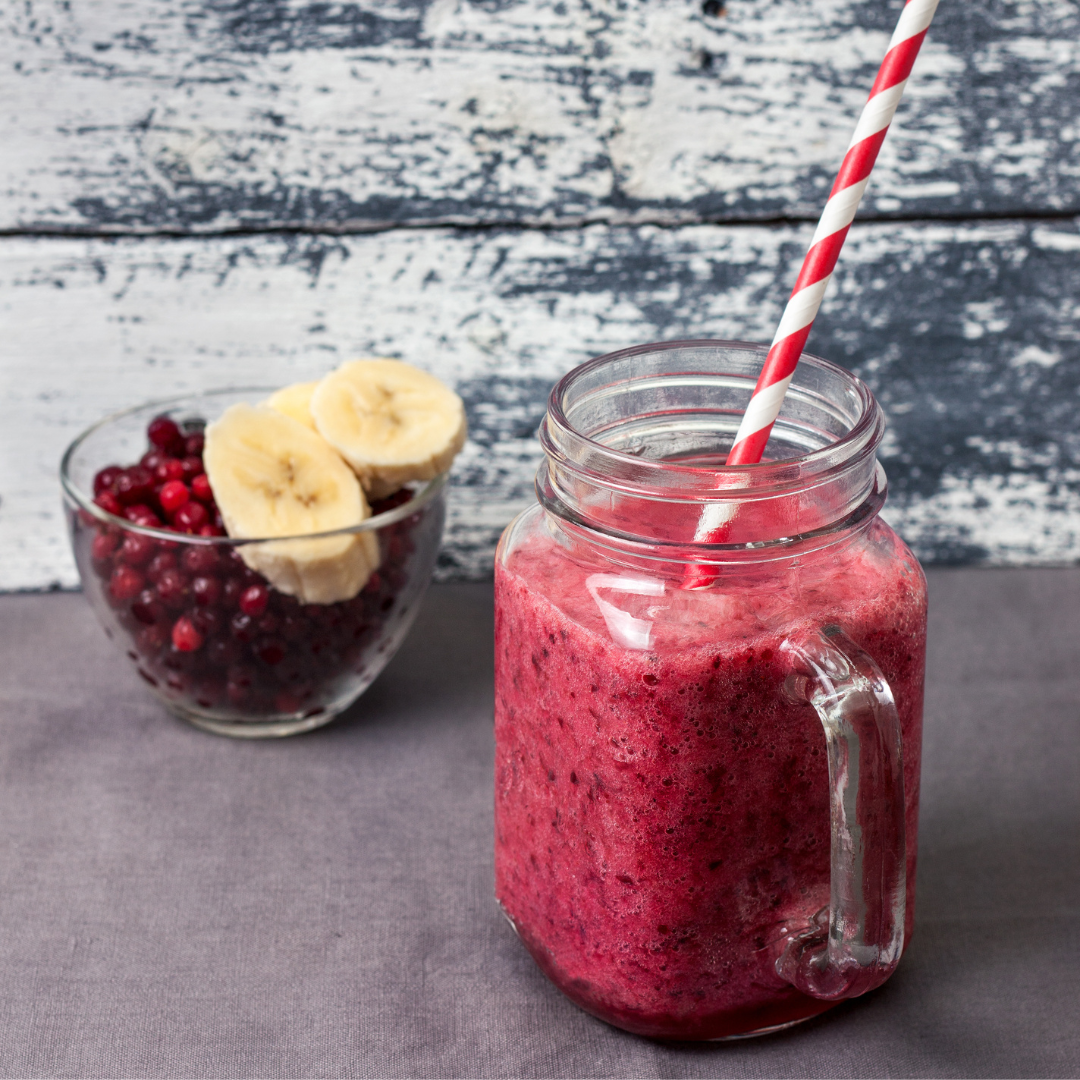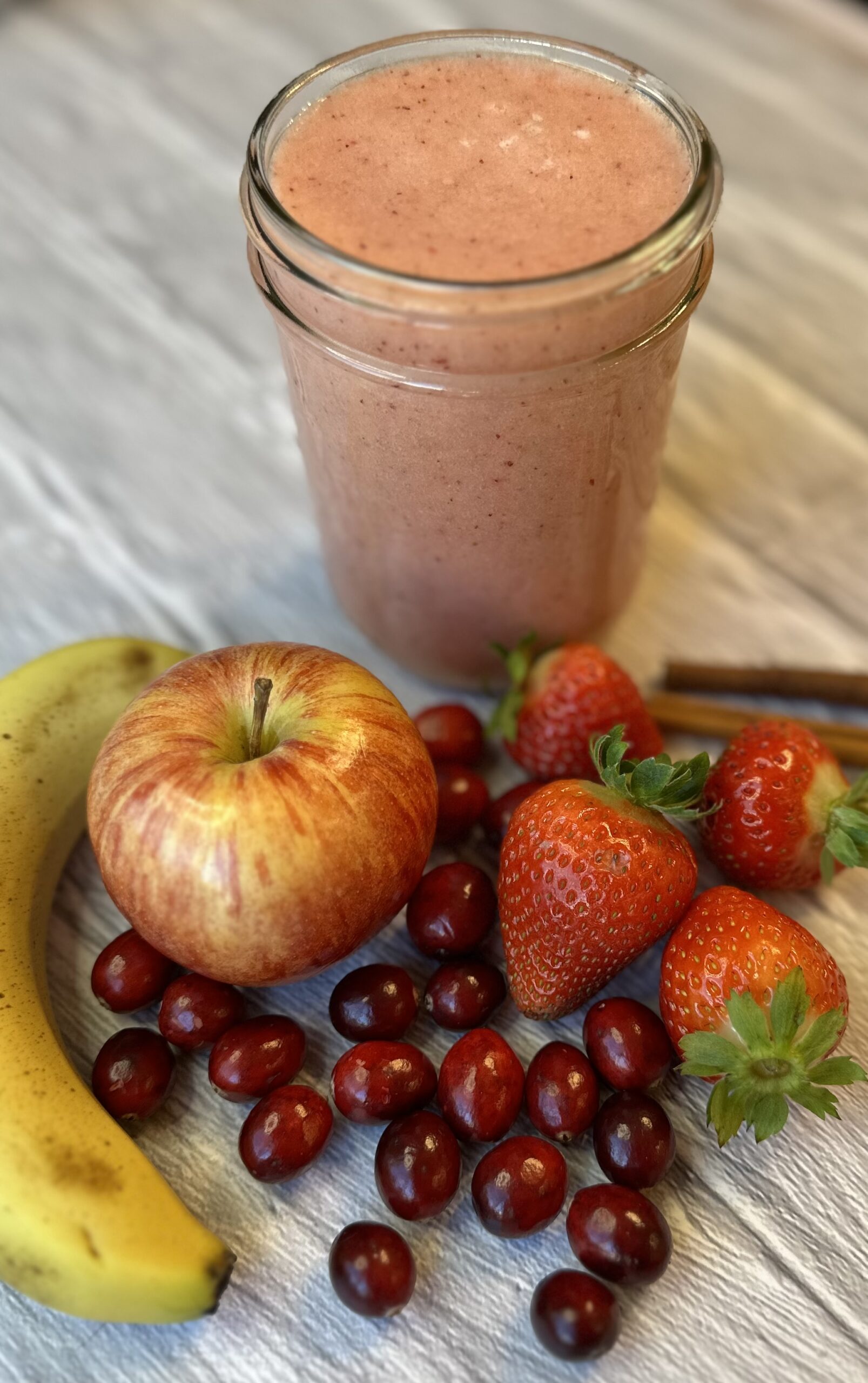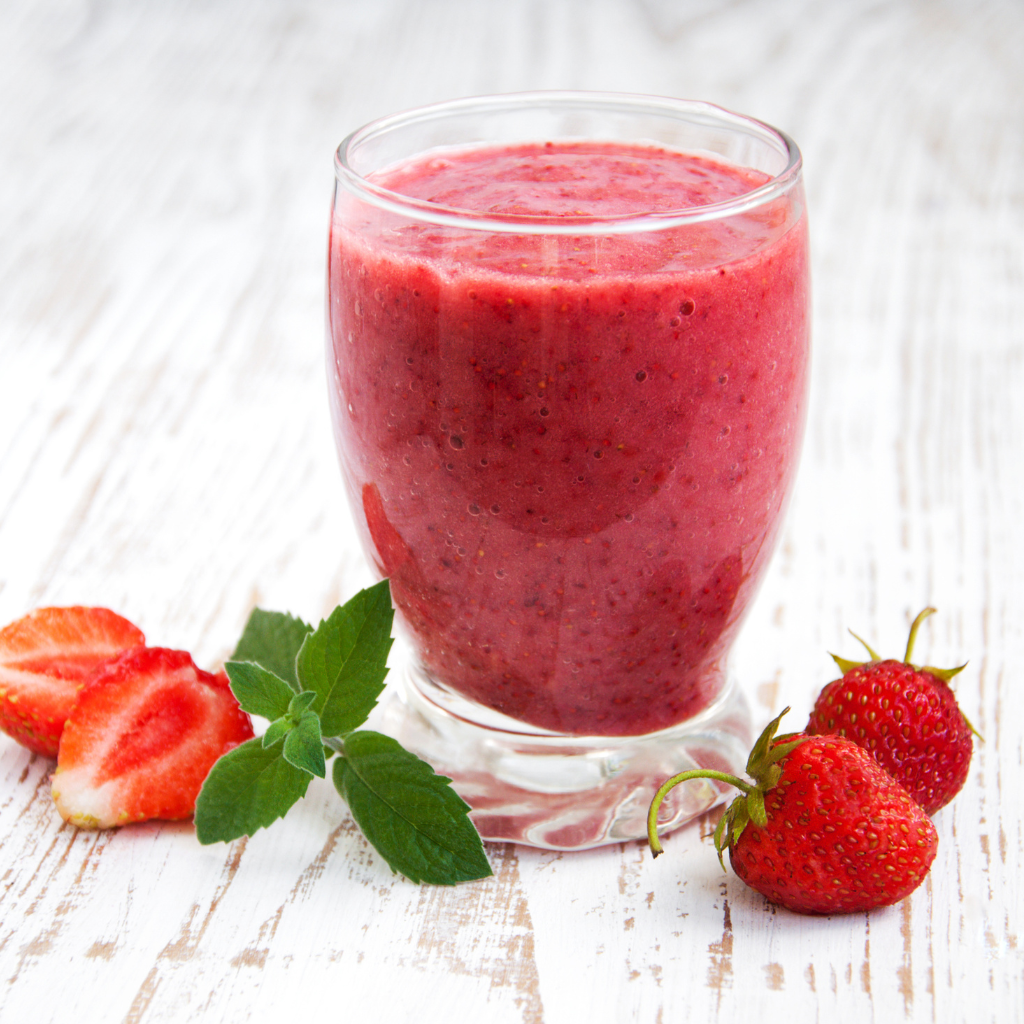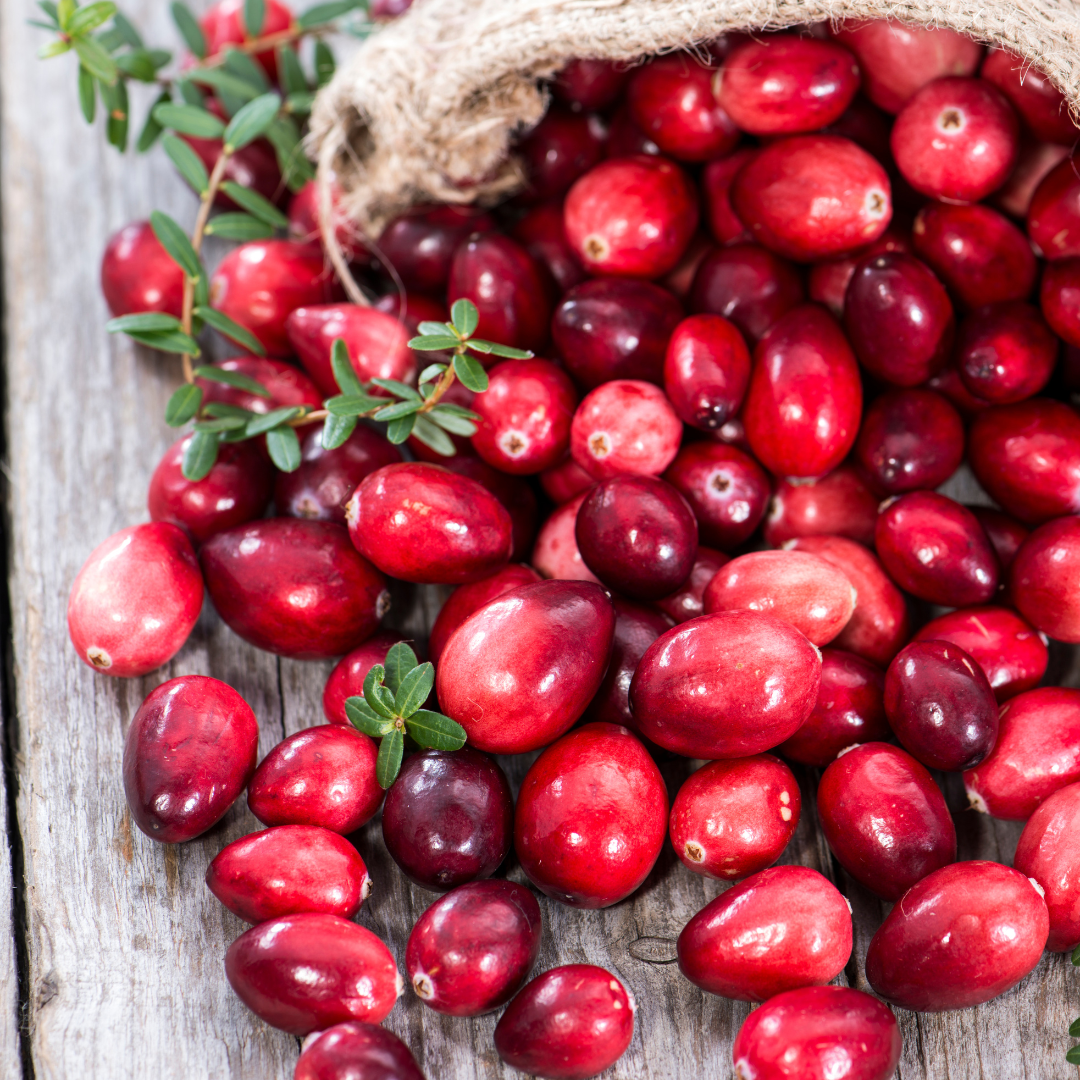Cranberry Facts
Cranberries, those bright red gems that grace holiday tables and festive treats, are not only delicious but are also packed with health benefits that can be enjoyed year-round. These nutrient-dense berries are bursting with antioxidants, fiber, and vitamins that support everything from heart health to a balanced digestive system. Let’s dive into the top reasons why cranberries deserve a regular spot in your diet and how they can boost your overall well-being.
1. Antioxidant Powerhouses
Cranberries are incredibly rich in antioxidants, especially flavonoids, polyphenols, and vitamin C. These compounds act as bodyguards for your cells, neutralizing free radicals that can lead to oxidative stress. By fighting off these harmful compounds, antioxidants in cranberries help protect against aging, reduce the risk of chronic illnesses, and support a radiant, healthy complexion. Plus, their high antioxidant content means they may even aid in cancer prevention by supporting cellular health.
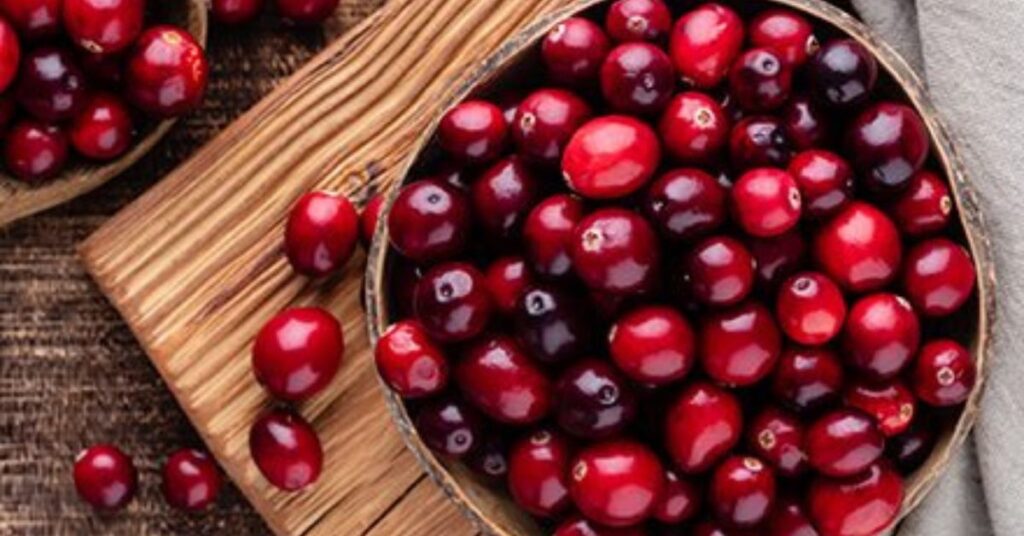
2. Support for Urinary Tract Health
Cranberries are famous for their urinary tract health benefits. They contain unique compounds called proanthocyanidins, which prevent harmful bacteria, particularly E. coli, from sticking to the urinary tract walls. This antibacterial action makes cranberries a natural ally in preventing urinary tract infections (UTIs). Regularly consuming cranberry juice or supplements can be particularly beneficial for those prone to UTIs, supporting a healthier urinary system and reducing the need for antibiotics.
3. Heart-Healthy Benefits
Eating cranberries regularly can give your heart a boost. Research suggests that cranberries’ polyphenols and antioxidants help:
- Lower Blood Pressure: The nutrients in cranberries help relax blood vessels and improve blood flow, supporting healthier blood pressure levels.
- Reduce Bad Cholesterol (LDL): Certain compounds in cranberries may lower LDL cholesterol while boosting good cholesterol (HDL).
- Decrease Inflammation: Chronic inflammation is a risk factor for heart disease. The anti-inflammatory properties of cranberries help reduce this risk, making them a heart-healthy choice.
With these benefits, cranberries can be a delicious addition to a heart-friendly diet, supporting everything from blood pressure to cholesterol management.
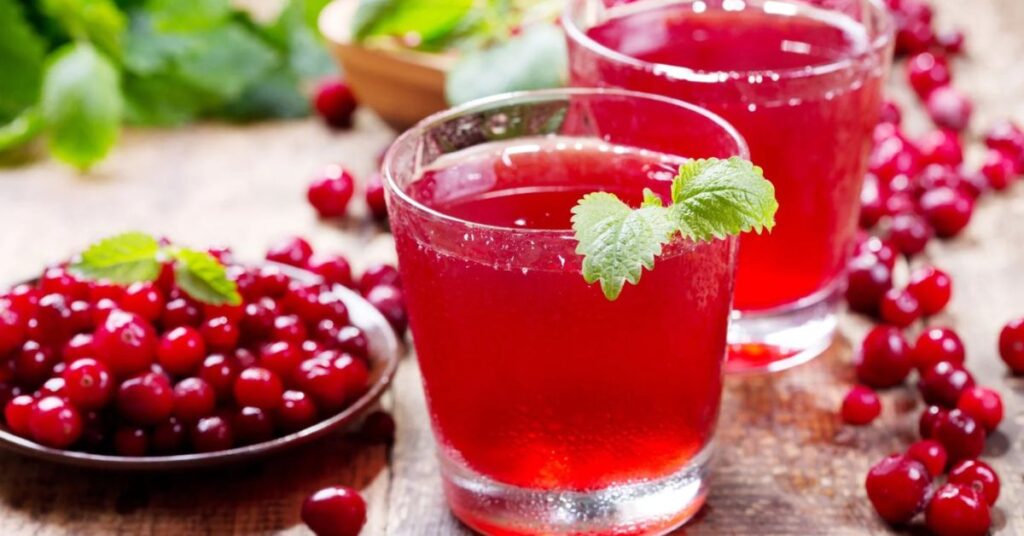
4. Promote a Healthy Digestive System
Cranberries are a natural source of fiber, which plays a key role in digestive health. Fiber helps regulate bowel movements, prevents constipation, and feeds beneficial gut bacteria, promoting a balanced microbiome. The healthy bacteria in your gut contribute to a strong immune system, improved digestion, and even mental health! Including fiber-rich foods like cranberries in your diet can support long-term digestive wellness and enhance your overall vitality.
5. Natural Anti-Inflammatory
Chronic inflammation is a root cause of many health issues, including arthritis, heart disease, and certain cancers. Cranberries’ anti-inflammatory properties, thanks to their polyphenols, can help counteract this. By including cranberries in your diet, you may reduce inflammation levels in the body, supporting joint health, lowering disease risk, and even potentially easing symptoms for those with arthritis.
6. Packed with Essential Vitamins and Minerals
Cranberries are small but mighty when it comes to nutrient content! They provide a good dose of:
- Vitamin C: Supports immune health, skin health, and tissue repair.
- Vitamin K: Important for blood clotting and bone health.
- Manganese: Essential for metabolism, bone health, and antioxidant production.
Together, these vitamins and minerals contribute to strong immunity, bone density, and overall metabolic support, helping your body perform at its best.
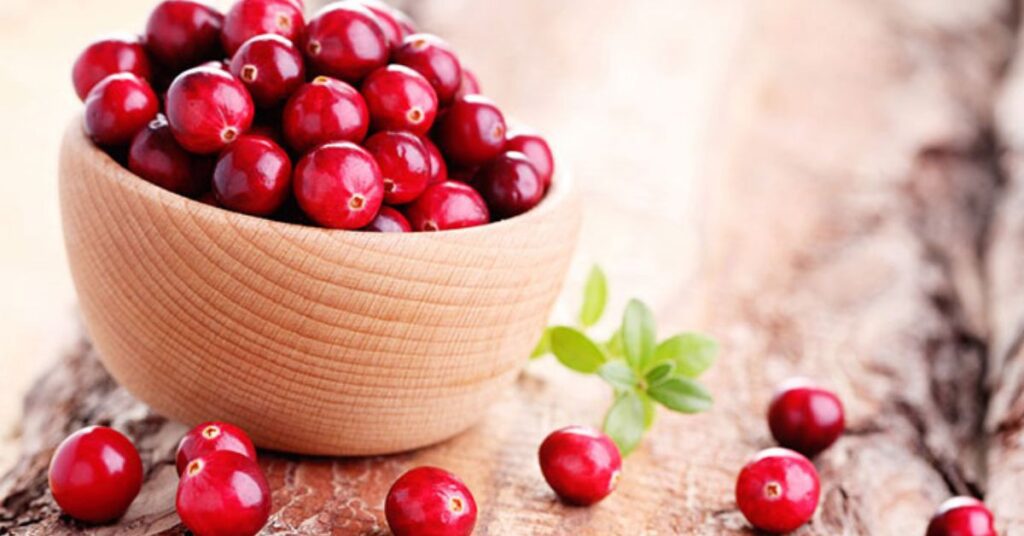
7. Blood Sugar Management and Weight Loss Support
Cranberries are a low-calorie, naturally low-sugar option that’s great for blood sugar management. Their fiber content helps stabilize blood sugar by slowing down digestion, preventing spikes and crashes that can lead to cravings. Cranberries also make a nutritious, low-calorie addition to a balanced diet, which is helpful for weight management. Just be mindful of cranberry juices or dried cranberries with added sugars—opt for unsweetened versions to get the most benefits!
8. Versatile and Delicious in Every Season
Cranberries can be enjoyed in a variety of forms, from fresh berries and juices to dried cranberries and supplements. They add a delightful tart flavor to smoothies, salads, baked goods, and even savory dishes. Whether you’re stirring them into oatmeal or using them to add a pop of color to a holiday meal, cranberries are a versatile addition that brings a burst of flavor and nutrition to any dish.

How to Incorporate Cranberries into Your Diet
Looking for ideas to get more cranberries in your diet? Here are some easy ways:
- Smoothies: Add fresh or frozen cranberries for a tart flavor boost and extra antioxidants.
- Oatmeal or Yogurt: Sprinkle dried cranberries on top for a touch of natural sweetness.
- Salads: Toss a handful of dried cranberries into salads with leafy greens, nuts, and seeds.
- Baked Goods: Use fresh or dried cranberries in muffins, bread, or cookies.
- Sauces and Chutneys: Make homemade cranberry sauce as a healthier alternative to store-bought versions, which often contain added sugars.
Cranberries aren’t just for Thanksgiving—they’re a nutritional powerhouse that can benefit your body all year long. From antioxidant protection to heart health, digestive support, and beyond, these bright red berries are loaded with compounds that promote wellness. So, consider adding more cranberries to your meals and snacks to enjoy their delicious flavor and all the incredible health benefits they have to offer.
My Favorite Cranberry Recipes
